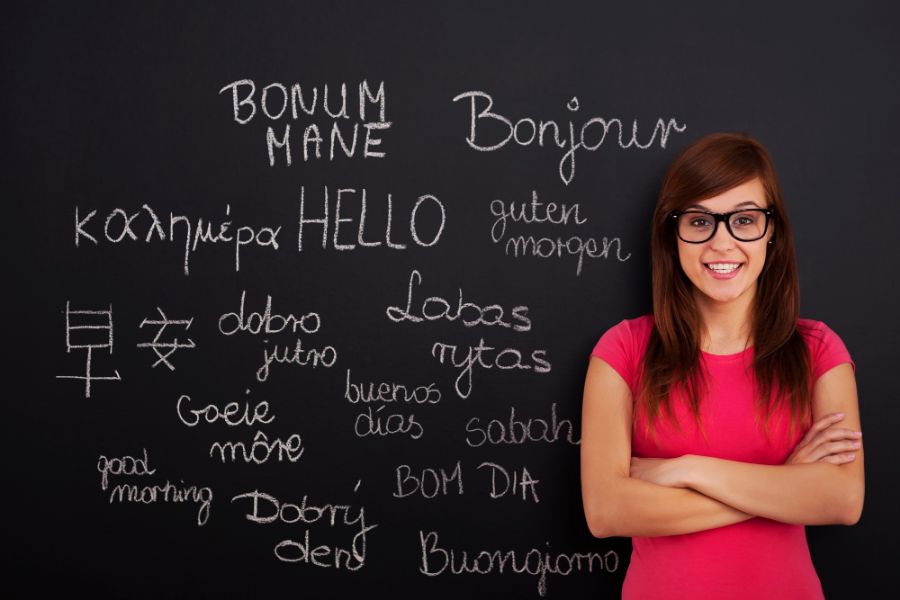Introduction
Did you know that some words in French and English look almost identical but sound completely different when pronounced? In this blog, we’ll explore 20 such words that may surprise you with their pronunciation variations. Let’s dive in and unravel the fascinating world of language differences!
1. Café (Coffee)
In French, "café" is pronounced as "ka-fey," while in English, it's pronounced as "ka-fay."
2. Restaurant
In French, "restaurant" is pronounced as "res-toh-rahn," while in English, it's pronounced as "res-tuh-raunt."
3. Garage
In French, "garage" is pronounced as "ga-rahj," while in English, it's pronounced as "gah-rahj."
4. Parfait (Perfect)
In French, "parfait" is pronounced as "par-fay," while in English, it's pronounced as "par-fet."
5. Déjà vu
In French, "déjà vu" is pronounced as "day-zha voo," while in English, it's pronounced as "day-zha voo."
6. Boutique
In French, "boutique" is pronounced as "boo-teek," while in English, it's pronounced as "boo-tee-k."
7. Hôtel (Hotel)
In French, "hôtel" is pronounced as "oh-tel," while in English, it's pronounced as "ho-tel."
8. Champagne
In French, "champagne" is pronounced as "shahm-pah-nyuh," while in English, it's pronounced as "sham-payn."
9. Croissant
In French, "croissant" is pronounced as "kwah-sahn," while in English, it's pronounced as "krwah-sawnt."
10. Chauffeur
In French, "chauffeur" is pronounced as "show-fuhr," while in English, it's pronounced as "shoh-fer."
11. Décor
In French, "décor" is pronounced as "day-kor," while in English, it's pronounced as "dey-kawr."
12. Elite
In French, "élite" is pronounced as "ey-leet," while in English, it's pronounced as "ih-leet."
13. Menu
In French, "menu" is pronounced as "muh-nyoo," while in English, it's pronounced as "men-yoo."
14. Rendezvous
In French, "rendezvous" is pronounced as "rahn-dey-voo," while in English, it's pronounced as "rahn-dey-voo."
15. Baguette
In French, "baguette" is pronounced as "bah-get," while in English, it's pronounced as "bah-get."
16. Ballet
In French, "ballet" is pronounced as "ba-lay," while in English, it's pronounced as "ba-lay."
17. Buffet
In French, "buffet" is pronounced as "bu-fey," while in English, it's pronounced as "bu-fet."
18. Cliché
In French, "cliché" is pronounced as "klee-shey," while in English, it's pronounced as "klee-shey."
19. Café au lait
In French, "café au lait" is pronounced as "ka-fey oh leh," while in English, it's pronounced as "ka-fey oh layt."
20. Champagne
In French, "champagne" is pronounced as "shahm-pah-nyuh," while in English, it's pronounced as "sham-payn."
Conclusion
Language is full of surprises, and these words demonstrate the fascinating differences in pronunciation between French and English. If you're keen on exploring more about the French language, Multibhashi’s live French classes offer comprehensive instruction and support to help you on your language learning journey.
